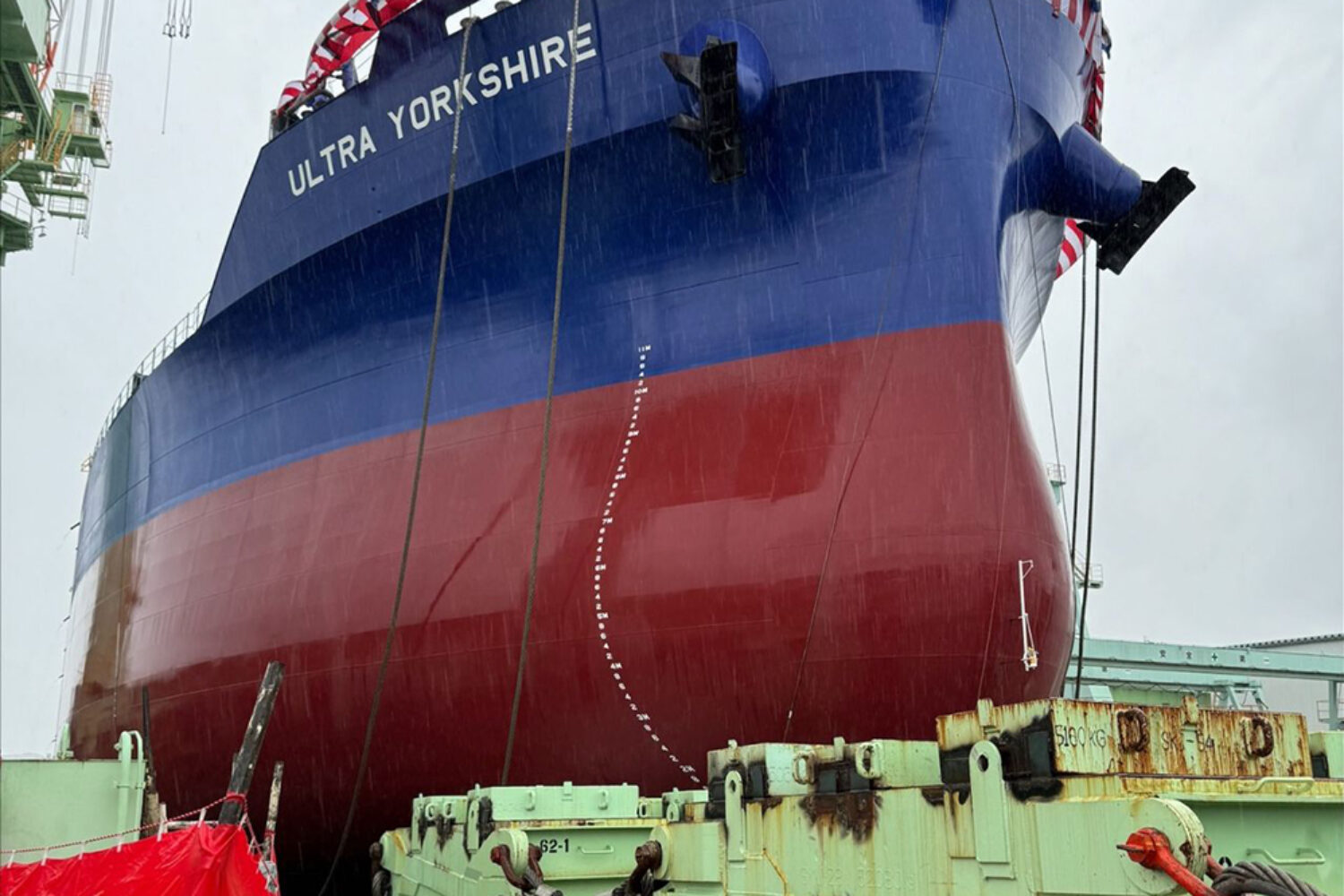In April, incoming orders for ship experts at Japanese shipyards slumped by more than 30% compared to the previous year. There are probably many reasons for this.
According to the Japan Ship Exporters’ Association, Japanese shipyards only received around 620,000 GT in export orders. In the same month last year, the volume was still around 920,000 GT. The total order backlog at the end of April amounted to 29.5 million GT.
Dwindling competitiveness?
The Japanese shipbuilding industry explained the decline with full order books, as new delivery dates can no longer be accommodated. But this explanation raises questions. Have Japanese shipyards actually deliberately turned down orders or simply failed to win in international competition, observers ask? Modern shipyards have emerged in South Korea and China, which deliver faster and often calculate more aggressively. Industry observers warn that a model that only relies on full capacity utilization can cost market share in the long term, even in a high-growth sector.
At the same time, Japanese shipyards are deliberately opting for a strategic change of course. Despite the shrinking export share, they are increasingly focusing on technologically sophisticated specialty segments.
Interest in actual or supposedly “green” ships, such as LNG-powered container ships or ro-ro freighters with low-emission drives, is growing particularly strongly. These niches offer higher margins and long-term potential, partly because international environmental regulations are becoming noticeably stricter and there is little prospect of them being relaxed. However, the question arises as to whether Nippon will be able to maintain its position as a provider of this high technology in global competition in the long term, or whether other nations will catch up here.
Special ships ensure record figures
Despite these uncertainties, Japan Marine United, for example, achieved a record result in the 2024 financial year. Net profit increased compared to the previous year to ¥19.9 billion ¥ 19.9 billion (around € 123 million), which corresponds to a 5.4-fold increase. The value of new orders received in the 2024 financial year reached an all-time high of around € 44 billion. The mechanical engineering company Mitsui E&S also benefited and reported a 1.4-fold increase in orders for marine propulsion systems to almost € 1.3 billion.
At the same time, the Japanese government is increasingly using shipbuilding technology as a means of exerting political pressure, for example in talks with the United States on tariffs and trade conditions. Tokyo has signaled its willingness to provide technical support and make its repair capacities available. But here too, it remains to be seen whether shipbuilding can actually be effective as a diplomatic means of exerting pressure or whether it will fizzle out as a special industrial policy approach.
Japan’s shipbuilding industry thus finds itself in a strategic area of tension between technological advantage, growing demand and the danger of becoming increasingly decoupled from the mass market. Whether this is an advantage or a self-restriction in the long term remains to be seen. The only certainty is that the competition in China and Korea is not sleeping. (rup)













